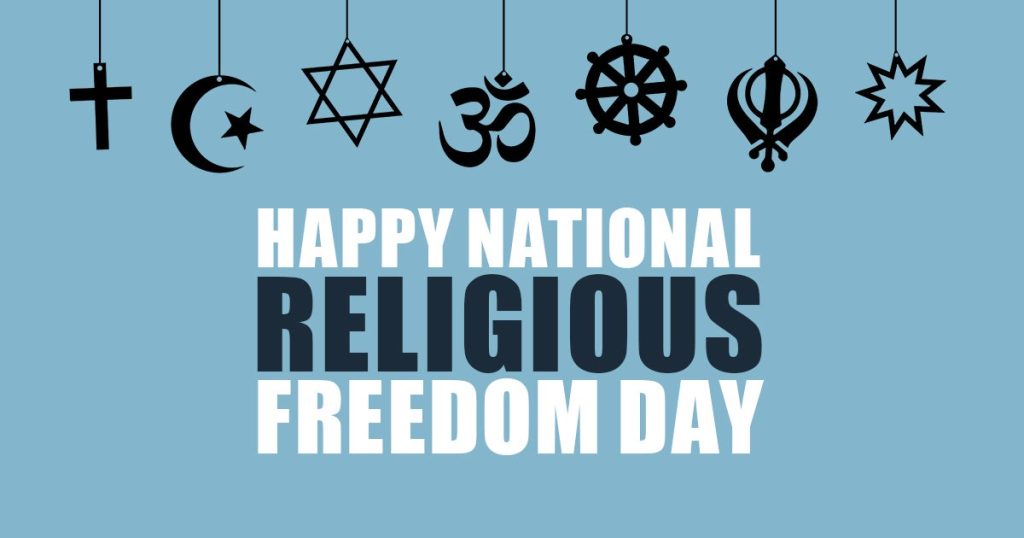October 27 Marks International Religious Freedom Day, Celebrating Fundamental Rights Worldwide

October 27 is observed as International Religious Freedom Day, honoring the essential role of religious liberty as a foundational human right. This day highlights the reality that countless people around the world, especially those under Marxist and authoritarian regimes, are still unable to fully exercise these fundamental freedoms.
The U.S. International Religious Freedom Act (IRF Act), signed into law on October 27, 1998, by President Bill Clinton, formalized the United States’ commitment to promoting religious freedom globally. This Act established the Office of International Religious Freedom at the U.S. Department of State, led by an ambassador-at-large, and created the independent U.S. Commission on International Religious Freedom (USCIRF). Additionally, it called for the appointment of a special advisor on international religious freedom at the National Security Council and provided the authority to impose economic sanctions on countries that violate religious freedom, designated as “countries of particular concern” (CPCs).
At the heart of the IRF Act lies the principle that religious freedom is not only a basic human right but also a force for stability and peace, both domestically and internationally. As President Clinton noted, religious liberty is closely connected to other essential freedoms, including expression, conscience, association, and the press. Communities of faith often come together to worship, educate, publish, and establish charities, creating a vast sphere of activity independent of government control. This freedom is not just an American ideal but is enshrined in international frameworks like the Universal Declaration of Human Rights and the International Covenant on Civil and Political Rights.
Modern examples of religious persecution underscore the need for continued vigilance. In 2022, Cardinal Joseph Zen, at age 90, was detained by Hong Kong’s increasingly authoritarian government, while Nicaraguan Bishop Rolando Álvarez faced exile, illustrating the challenges faced by religious leaders and communities under oppressive regimes.
International Religious Freedom Day is a call to action, as it seeks to protect people of all faiths, from Muslims, Christians, and Jews to Buddhists, Hindus, and Taoists. While democracies worldwide strive to uphold religious pluralism and liberty, communist and authoritarian regimes often restrict and punish expressions of faith. Examples include the repression of Uyghur Muslims in China, evangelical Christians in Cuba, and Christian Montagnards in Vietnam.
This October 27, International Religious Freedom Day serves as a reminder of the global struggle for religious liberty and the ongoing work needed to ensure that all people, regardless of faith or nationality, can live out their deeply held beliefs.